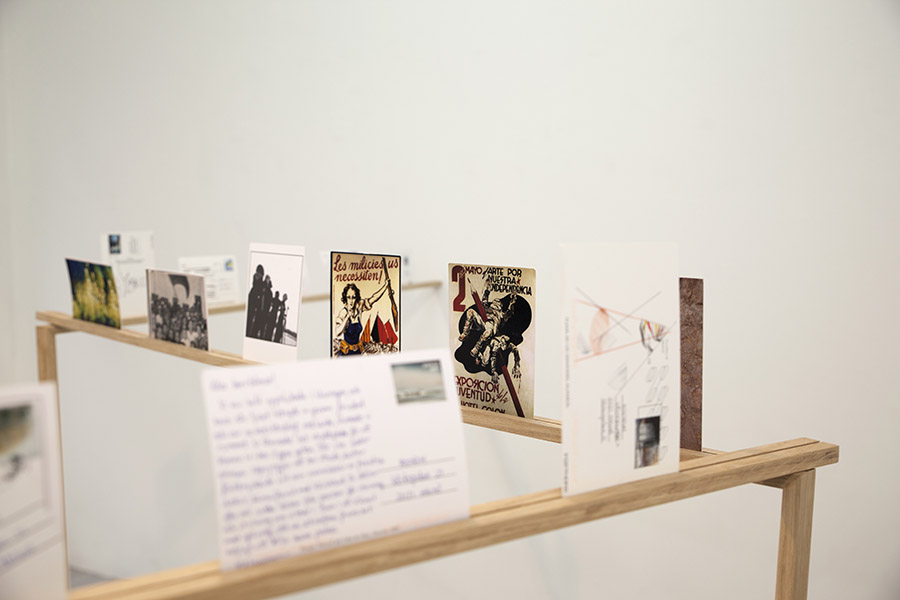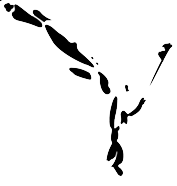The exhibition is part of an ongoing study and focuses mainly on collectives and movements operating in Stockholm during the years of 1938–1955. The exhibition raises questions about the history and potential of political imagery, as well as stories of collective organization, with special focus on the international solidarity movement between Sweden and Spain.
The movements and collectives that the exhibition examine all emerged as reactions to the inaccessible position of art in society, a growing fascism and the acceleration of global capitalism. Today we are experiencing a resurfacing and normalization of fascism and reactionary movements. Moreover, the acceleration of global capitalism has assumed even more violent attributes. Throughout the exhibition, Helena Fernández-Cavada and Sebastian Dahlqvist look towards earlier colleagues, their ambitions and failures to find a common ground where to belong. In an attempt to discern what opportunities, or even responsibilities, are left to those who come after.
-
Contra Narratives, Exhibition-Making, Notions of Time
The movements and collectives that the exhibition examine all emerged as reactions to the inaccessible position of art in society, a growing fascism and the acceleration of global capitalism. Today we are experiencing a resurfacing and normalization of fascism and reactionary movements. Moreover, the acceleration of global capitalism has assumed even more violent attributes. Throughout the exhibition, Helena Fernández-Cavada and Sebastian Dahlqvist look towards earlier colleagues, their ambitions and failures to find a common ground where to belong. In an attempt to discern what opportunities, or even responsibilities, are left to those who come after.
-
Contra Narratives, Exhibition-Making, Notions of Time
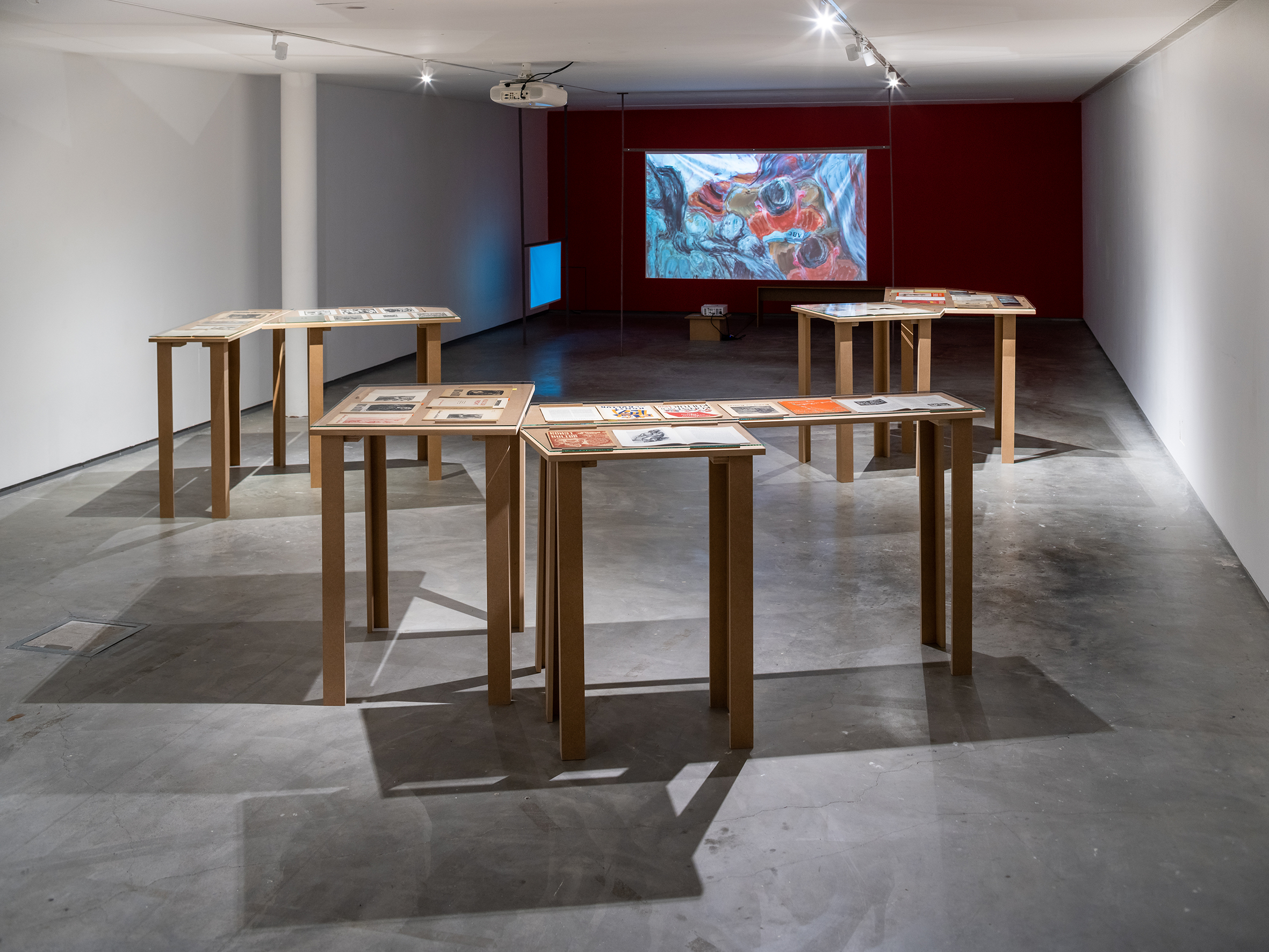
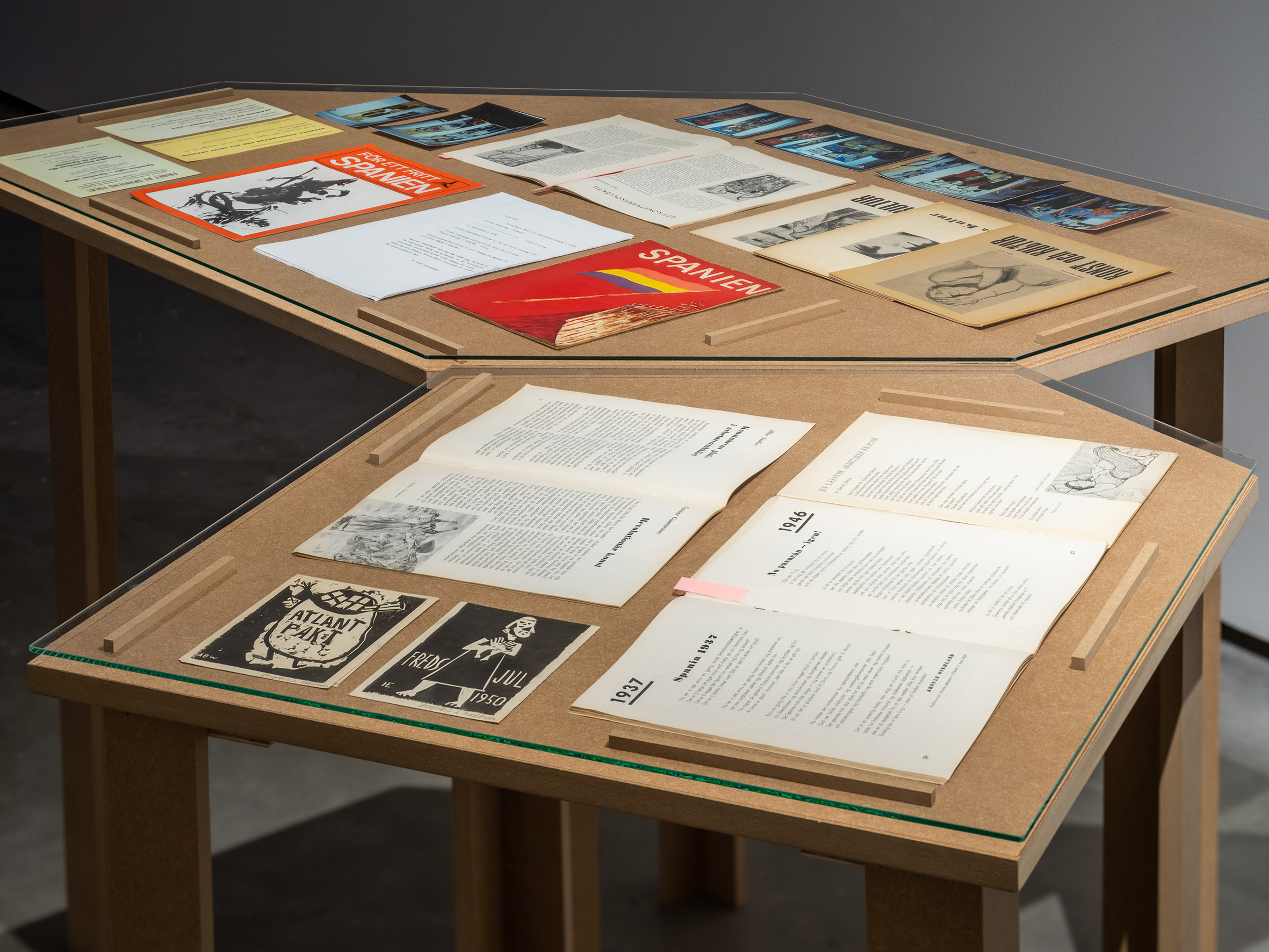

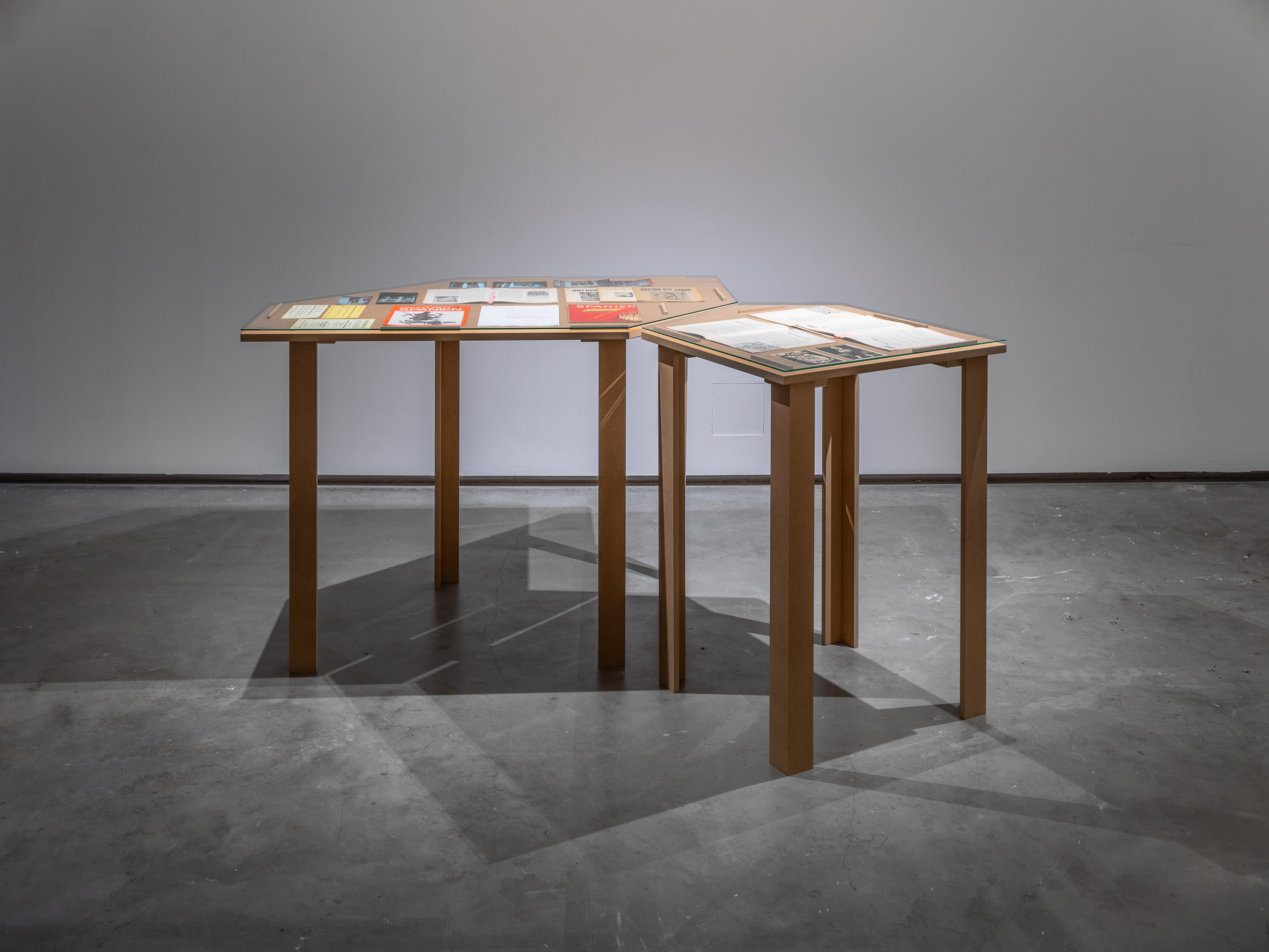


Ey you out there in the cold
Exhibition
2019
The exhibition explores our relation with interdependency. When the public arrived the show had been de de-installed, and they could reconstruct the exhibition by looking to the catalogue, the left overs and a box that contained all the drawings.
-
Contra Narratives, Exhibition-Making, Notions of Time, Publication
-
Contra Narratives, Exhibition-Making, Notions of Time, Publication
It explores two streams of focus - the silenced voices of women caught in fascist periods,and the decision by the Spanish dictator Franco to have Spain synch time zones with Nazi Germany. Which both aesthetically and politically abandoned the internationally adopted Greenwich Mean Time (GMT) and mainly seen as a gesture of loyalty to Berlin (and a break with London).
Therefore, the exhibition “The Stolen Hour” explores decisions made in the past and how they continue to resonate in our present. To this end, the exhibition reflects on perceptual issues of what has been taken and never given back. What course corrections are needed, and the dialogue much needed to start this restoration, as perhaps a process of reconstruction.
-
Contra narratives, Exhibition Making, Notions of time
Therefore, the exhibition “The Stolen Hour” explores decisions made in the past and how they continue to resonate in our present. To this end, the exhibition reflects on perceptual issues of what has been taken and never given back. What course corrections are needed, and the dialogue much needed to start this restoration, as perhaps a process of reconstruction.
-
Contra narratives, Exhibition Making, Notions of time
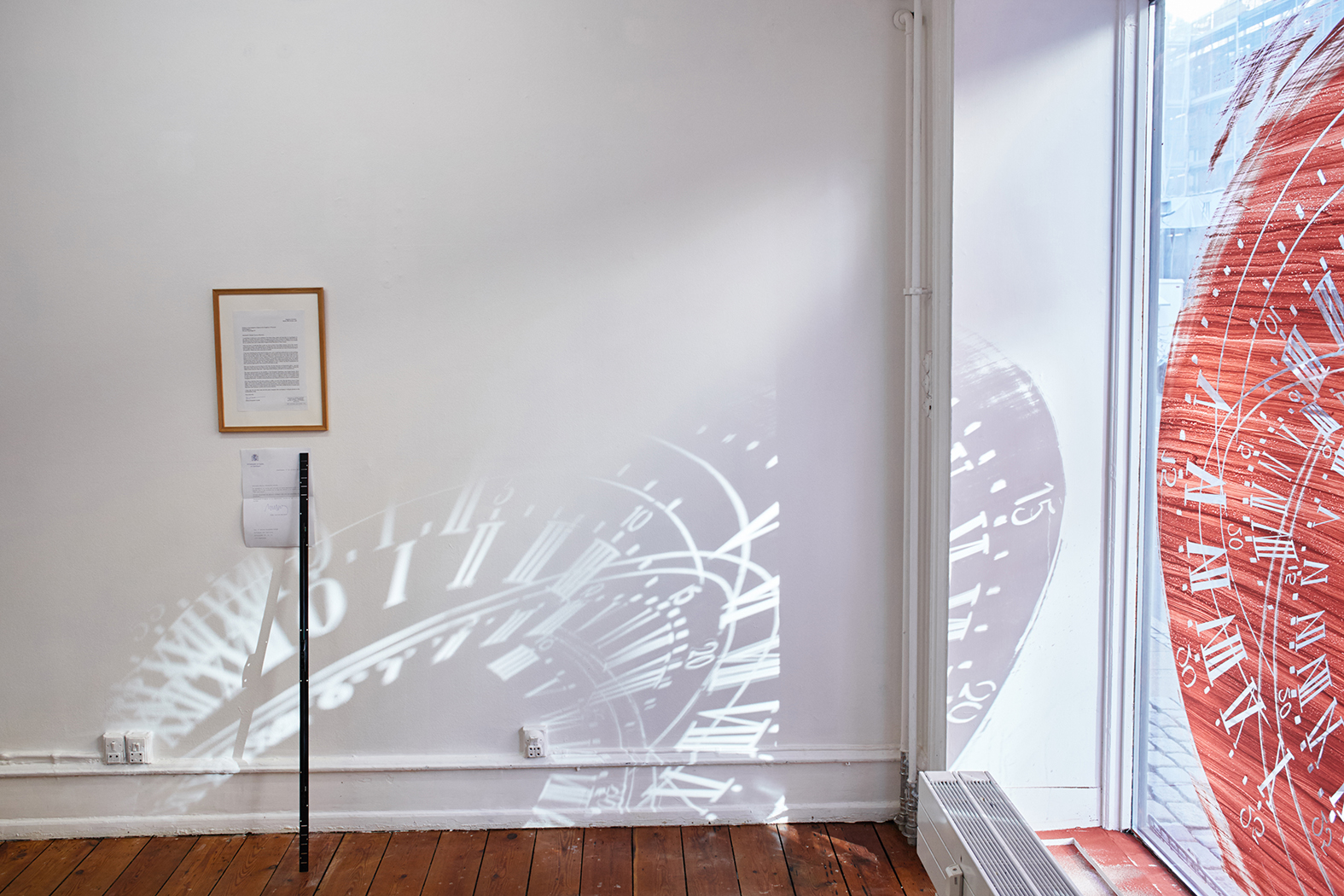


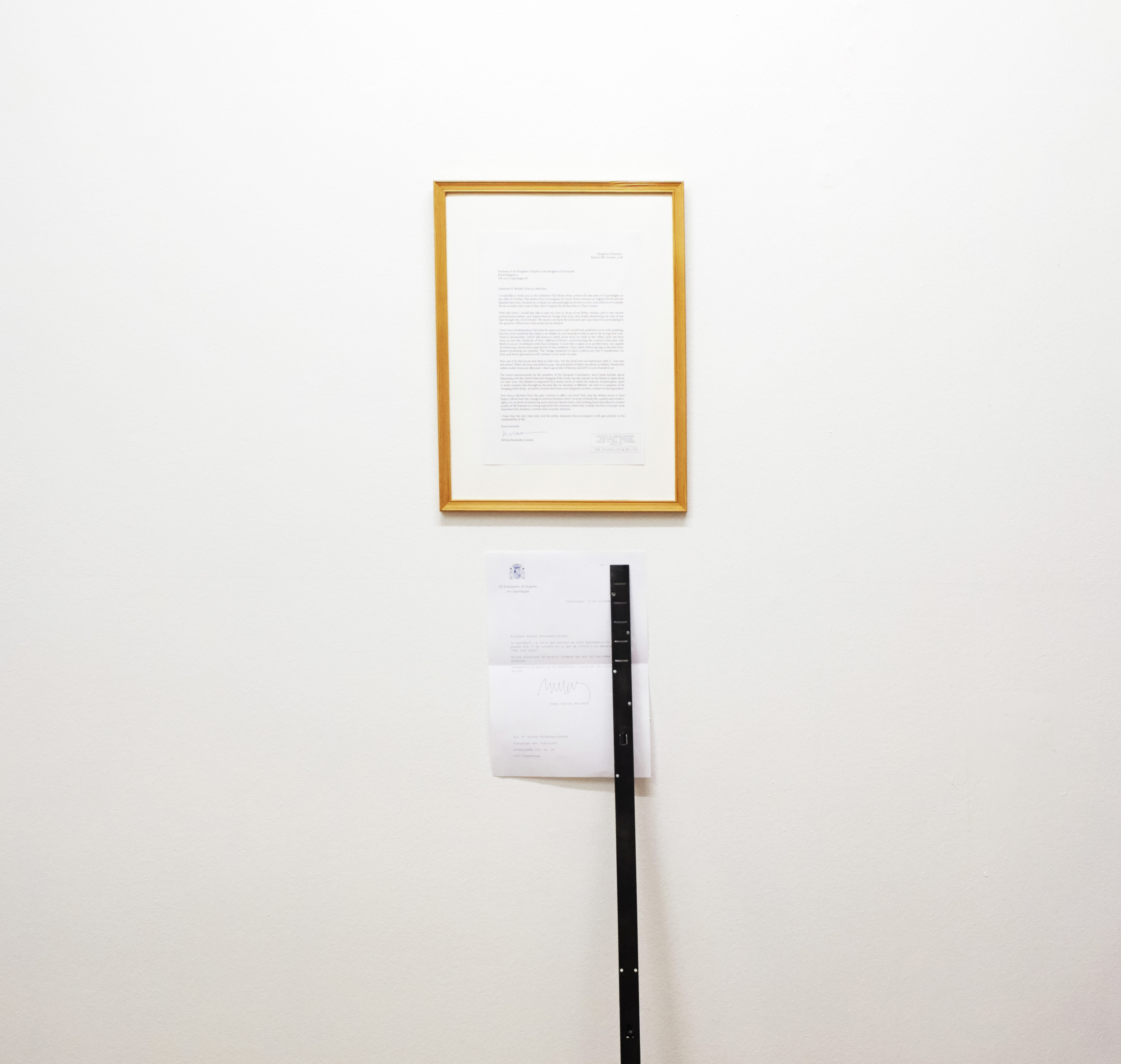

The postwoman has someone who writes to her
Exhibition
2019
Postcards from a stranger.
30 postards and wood structure. Dimension variables.
2019
Will the postal carrier read the postcards that were sent to them by a stranger? In a narrative exercise where visual and text grammars collide, Helena Fernández-Cavada writes to the post(wo)man that takes the mail to Rostrum Gallery. She shares her impressions about the disturbing changes in the political landscape observed during a short vacation in the south of Spain. How are life experiences affected by the normalization of a reactionary and extreme right discourse? For this exhibition Helena Fernández-Cavada proposes grammars, visual forms and structures that can question the normalization of the intolerance and ultranationalist extremism that today run from south to north, threatening the most vulnerable. The golden light of the Mediterranean sun and a quiet vacation cannot hide under the warmth of these old shadows. Or is it perhaps the excess of light that hides the normalization?
-
Exhibition Making, Notions of time
-
Exhibition Making, Notions of time

